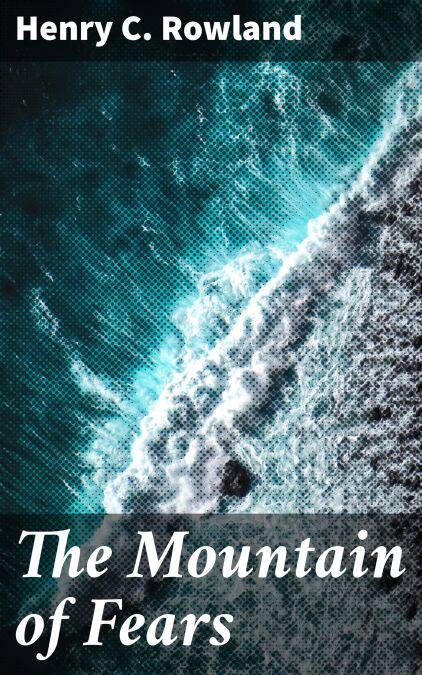
- Retrait en 2 heures
- Assortiment impressionnant
- Paiement sécurisé
- Toujours un magasin près de chez vous
- Retrait gratuit dans votre magasin Club
- 7.000.0000 titres dans notre catalogue
- Payer en toute sécurité
- Toujours un magasin près de chez vous
The Mountain of Fears EBOOK
Exploring Fear, Courage, and Resilience in the Human Psyche
Henry C. Rowland
Ebook | Anglais
0,49 €
Description
In "The Mountain of Fears," Henry C. Rowland masterfully weaves a narrative that explores the intricate relationship between personal struggle and existential dread. The book is set against the backdrop of a surreal mountain range, where the protagonist faces both literal and metaphorical peaks of fear that challenge their identity and resolve. Rowland employs a lyrical writing style, rich in vivid imagery and introspective prose, evoking a haunting atmosphere that is at once thrilling and contemplative. Thematically, the work engages with the psychological landscape of fear and redemption, resonating within the literary context of early 20th-century modernism, where authors sought to delve deeper into the human psyche. Henry C. Rowland, an eminent figure in the early modernist movement, drew upon his own experiences with anxiety and societal upheaval to shape this poignant narrative. Raised in a tumultuous era marked by rapid changes in technology and belief systems, Rowland's literary voice is profoundly influenced by the complexities of human emotion and existential contemplation. His work often reflects an acute awareness of societal fears and personal anxieties, rendering "The Mountain of Fears" a compelling exploration of the human condition. This book is a must-read for anyone interested in the existential themes of fear and self-discovery. Rowland's evocative prose invites readers to confront their own fears while navigating the rugged terrains of human experience. By delving into this compelling work, readers will not only encounter an unforgettable journey but also gain insight into the resilience of the human spirit.
Spécifications
Parties prenantes
- Auteur(s) :
- Editeur:
Contenu
- Nombre de pages :
- 274
- Langue:
- Anglais
Caractéristiques
- EAN:
- 4064066151225
- Date de parution :
- 17-12-19
- Format:
- Ebook
- Protection digitale:
- Digital watermarking
- Format numérique:
- ePub

Seulement chez Librairie Club
Les avis
Nous publions uniquement les avis qui respectent les conditions requises. Consultez nos conditions pour les avis.





